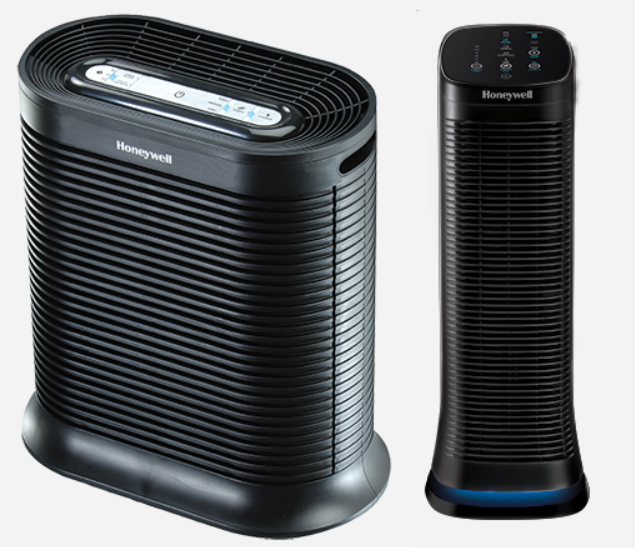 Air Purifiers
Air Purifiers
People who are concerned about the ravages of living allergens would be wise to invest in an air purifier instead of an air cleaner.
How do air purifiers work? Air purifiers rely on UV (ultraviolet) light to kill or deactivate microbial life. Installed on or near the HVAC air handler, whole-house UV air purifiers are highly effective at preventing mildew and mold, or fungus outbreaks, and they can stop bacteria and viruses from contaminating the air you breathe and putting your family’s health at risk.
What do air purifiers filter? Good-quality air purifiers do an amazing job of eliminating:
- Mold
- Bacteria
- Mildew
- Fungus
- Dust mites
- Viruses.
Should you buy an air cleaner or air purifier? An air cleaner is an ideal choice for those who are most concerned about typical indoor air pollutants, which may come from inside the home or through open windows if you live in a polluted area.
Meanwhile, air purifiers are the best option for homeowners with ongoing mold problems, or whose families suffer from frequent viral infections. Moisture problems in the home are another good reason to choose air purifiers, since microorganisms tend to thrive in moist environments.
Regardless of whether you purchase an air cleaner or air purifier, you won’t get good results if you purchase cheap equipment, or choose cut-rate installation services. Whole-house air cleaners and air purifiers are definitely more effective than portable models, but if you live in an apartment, portable appliances can still make an impact.
